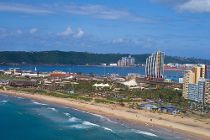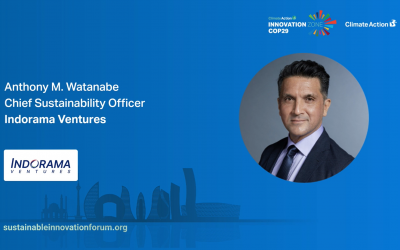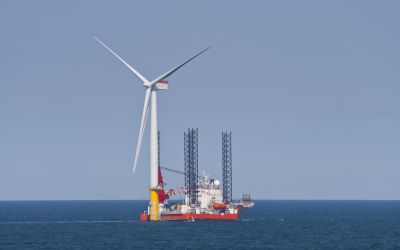COP17 city announced
It was announced yesterday (November 29) that the 17th United Nations Framework Convention on Climate Change will be held in Durban, South Africa.

It was announced yesterday (November 29) that the 17th United Nations Framework Convention on Climate Change will be held in Durban, South Africa.
Durban is a traditional African city in the Kwazulu-Natal region of the rainbow nation. The city's bold response to the challenges of climate change and variability have positioned the city as an global leader in the field of protection planning, and has established itself as the climate change capital of South Africa.
The COP17 – CMP7 will mark a critical moment in the ongoing international climate change negotiations, and Durban is a fitting host for an event of this magnitude and significance.
Durban already has in place green initiative thanks to the FIFA World Cup 2010. For the FIFA World Cup it built an eco-tourism information centre in the uMngeni precinct of the city. As well as helping tourists it also encourages resident to explore the biodiversity of the area and to build an appreciation for the need to conserve.
Within the Moses Mabhida stadium (where several world cup matches were held) they organised a number of green objectives, to reduce the carbon footprint of the World Cup. Durban achieved a 30 per cent reduction in the cities energy footprint through the installation of a building management system with separate switching for individual areas ensuring that energy-hungry systems turn off when not in use, also reducing electricity running hours.
Water savings of 74 per cent have been achieved through the use of a pitch-irrigation system, tap aerators, water efficient toilets, rain- and pitch- water harvesting as well as non-potable water for irrigation of the water wise external landscape. Additionally waste management practices were introduced in the form of minimisation, recycling and re-use and sustainable transport was promoted through the Inner City Distribution System linked to the People Mover, pedestrianisation initiatives and a park and ride system.
Other initiatives include the city's pilot Green Roof Project and a large scale reforestation scheme, which has been put in place to create economic development opportunities.
Durban has a Municipal Climate Protection Programme in place, focusing predominantly on adaptation and mitigation measures, organising other energy saving products around the city. It is hoped that this will produce a platform from which to generate socio-economic benefits.
Durban believes that protecting the natural environment in and around the city is a key concept in combating climate change. Many of its future and present projects are centred on the protection of open spaces and biodiversity. As well as these projects, Durban has initiated large-scale recycling projects and poverty relief programmes which provide jobs through the clearing of invasive alien plants.
In a statement from Greenpeace today (November 30), they said that South Africa needs to assert its leadership now so that COP17 can be truly successful: "The South African government must seize the opportunity of being the hosting country of the climate talks next year and take a leadership role now. South Africa must not only push for a deal in the international negotiations, but must also choose a sustainable pathway to a clean energy future domestically,"
Durban is hoping that by becoming a climate change leader, it will encourage other South Africa cities to follow suit, and at the same time it will inspire other developing nations, to tackle climate change.
Author: Charity Knight | Climate Action
Image: mickeymax | flickr

_400_250_s_c1.png)




